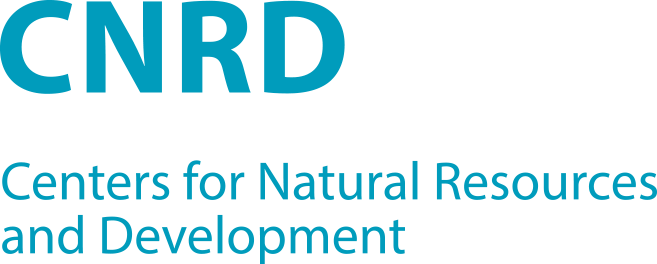Yezin Agricultural University, Nay Pyi Taw, Myanmar

Yezin Agricultural University (YAU) is the only Agricultural University in Myanmar, founded in 1924. Under the Minister of Agriculture, Livestock and Irrigation, YAU comprises (13) major academic departments, (8) academic supporting departments and (2) research and knowledge centers. “To be a prime mover of agricultural and rural development in Myanmar through human resource development and national supplier of scientific knowledge and technology innovation” is the vision statement of YAU. Being a leading institution for agricultural science and technology in the country, YAU offers undergraduate programs with 7 different specializations, postgraduate programs including Master’s degree programs and Doctoral degree programs, and non-training programs, conducts relevant research, and provides extension services to all stakeholders of Myanmar’s agriculture sector. Focusing on advanced agricultural science and technology, the natural resource and environmental science including resource conservation, management and development are integrated into the current undergraduate and post-graduate programs, academic research programs and development projects of YAU, mainly by (a) Department of Plant Breeding, Physiology and Ecology, (b) Department of Soil and Water Science and (c) Department of Agricultural Economics. Academic programs and research on Plant Biodiversity and Ecology, Plant Genetic Resources, Soil and Water Conservation and Management, and Natural Resource Management are performed by those departments. Besides it, (a) National Climate Smart Agriculture Center (NCSA Center) and (b) Advance Center for Agricultural Research and Education (ACARE), are enforcing the applied research of Natural resources and environmental science. Supporting its missions and visions of YAU, the said departments and centers are doing academic and applied research in the fields of – Climate Change and Agriculture, focusing on adaptation, mitigation technologies, and resilience of the agricultural systems and farming communities – Nature resource management including soil and water conservation, plant biodiversity conservation and breeding programs, ecosystem service and resource use efficiency, natural resource valuation and
National Climate Smart Agriculture Center
With the objective of building the capacity of farming and forestry stakeholders to mitigate climate change and improve land conditions by adopting climate-smart agriculture and sustainable forest management policies and practices, the National Climate Smart Agriculture Center of YAU was established in 2018. NCSA Center is responsible for the overall coordination of CSA initiatives, providing and disseminating information related to climate-smart agriculture, vetting training programs, increasing access to national and international expertise, and generating linkages and alignment among concerned institutions and with national strategies related to climate-smart agriculture and climate change. NCSA Center aims to be a regional center of excellence on climate change, agriculture and nature natural resource. Currently, its research programs are mainly focused on agricultural adaptation strategies and practices including adaptation options, climate vulnerability, adaptive capacity and perception of farming households and community, mitigation strategies such as crop physiology and GHG emission, crop breeding programs on stress-resistant and tolerant varieties for the stress-prone environment, etc.,. Based on its research programs and also networking and collaborating with relevant institutions within the country and or international organizations, NCSA Center wants to be a knowledge hub and a database center of climate change, agriculture and the environment, especially climate-smart agriculture, sustainable forest management, and sustainable land management. Moreover, it is anticipated that undergraduate and postgraduate programs in Climate Change and Agriculture, as currently the syllabus and curriculum of undergraduate programs are designing and developing.
Research Projects in Natural Resources Management
- Methane Emission at Rice Field
- AWD Alternative Wetting and Drying in Rice Field
- Establishment of a Major Insect-Pest Warning Model by Defining a Distribution Map for Insect Pests and Natural Enemies on Rice and Pulses
- Role of Perennial Crops in Income of Rural Households in the Central Dry Zone of Myanmar under the Climate Change
- Shifting Cultivation at Hilly Region, Chin State
BSc, MSc, and Doctoral Programs relevant to CNRD
- Socio-economic Assessment of Rice Varietal Selection for Climate Change with Farmer Participatory Approach
- Spatial Variability of Soil Fertility Distribution in Selected Areas of Myanmar
- Methane Gas in Different Rice Varieties
Activities in capacity development relevant to CNRD
Alternative Wetting and Drying, ADW in Rice Field
Identification and Conservation of Local Rice in Myanmar
Measurement of Methene Gas Using GC
Climate Smart Agriculture Training
Pool of Experts
Location
Yezin 15013, Myanmar (Burma)





